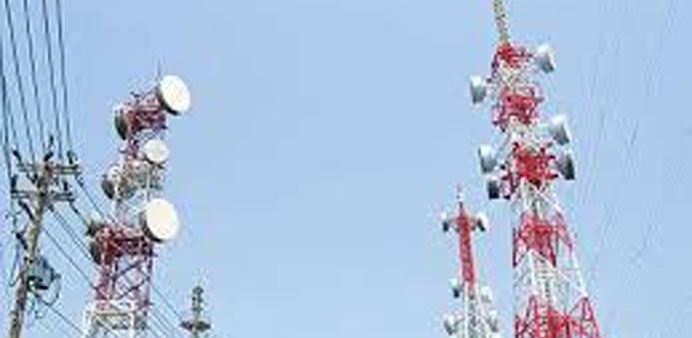The cash-strapped government yesterday hoped it would be third time lucky as it began an auction of mobile licences to try to raise money and increase investment in the struggling sector.
Authorities were obliged to hold the auction after the Supreme Court in February 2012 cancelled 122 mobile licences due to a scandal-tainted bidding process, creating turmoil in the sector and a major political scandal for the government of Prime Minister Manmohan Singh.
The court order that the licences be resold prompted many players to exit the sector, nursing hefty losses.
The auction, which the government hopes will raise at least Rs113bn ($1.8bn) to help bridge its fiscal deficit, marked the third attempt in 18 months to sell second-generation or 2G spectrum which is used to provide basic voice and data services.
“We’re very confident these auctions are going to be successful and we’re very confident all the spectrum to be auctioned will be sold,” Telecom Secretary M F Farooqui said before the auction opened.
Among the eight operators taking part were market leaders Bharti Airtel, the Indian unit of Britain’s Vodafone, the Indian arm of Norway-based Telenor and Reliance Jio, the mobile unit of Reliance Industries controlled by Mukesh Ambani.
The government was forced to scrap two earlier auctions - in March 2013 and in November 2012 - to sell the two frequency bands of 900 MHz and 1800 MHz - after companies boycotted the sales, complaining opening prices were too costly.
To stage this sale, the government cut the floor price by 53% for the 900 MHz band from the March price and by 26% for the 1800 MHz band.
It also later said the annual spectrum usage charge should be capped at 5% of revenue, abandoning a previous 3-to-8% range.
The auction was expected to last about a week.
Bharti Airtel and Vodafone must also purchase airwave space to keep operating in some key cities such as Mumbai and New Delhi as their licences are expiring.
Investment house UBS said in a note it expected “rational bidding,” given the financial state of the sector and “the availability of sufficient spectrum in the auction.”
Telecommunications Minister Kapil Sibal said the government was only interested in getting investment for the sector, seen as a major development tool as more people gain access to phone services and the Internet, and there would be no “big winners” or “big losers.”

